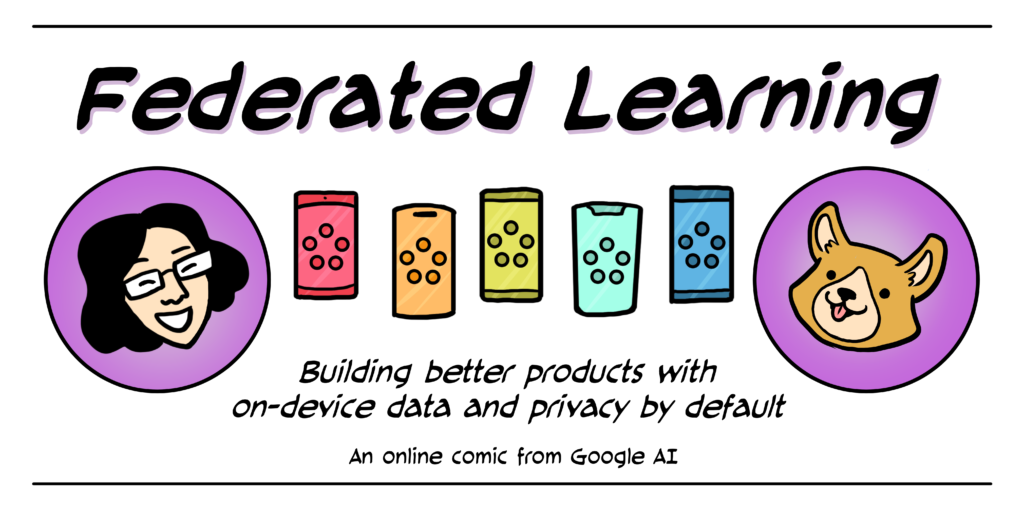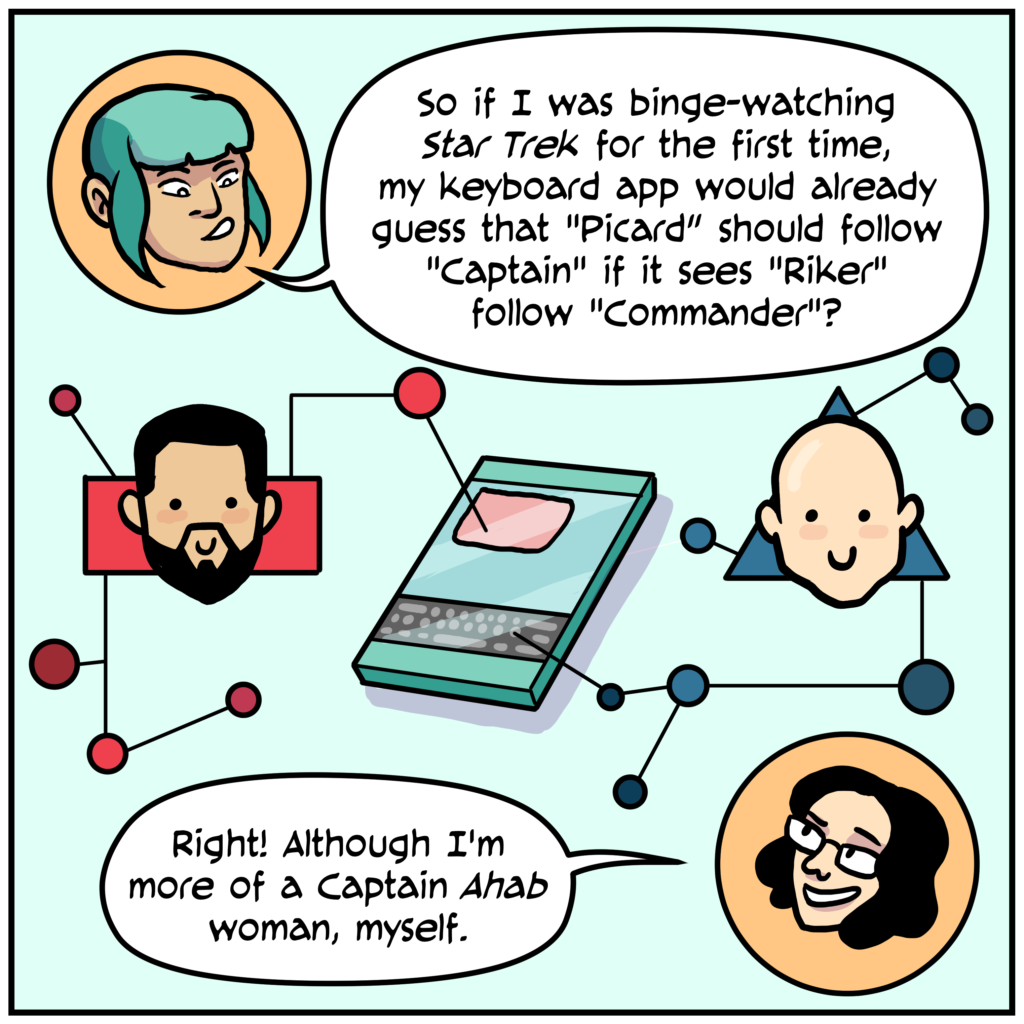Legend has it that I’ve been maintaining a newsletter for several years, although given that I last sent one in May of this year, I’d started to believe that the rumors weren’t true.
When I don’t write in a particular channel for a long time, my anxiety about saying something worthwhile gets amplified. This is extra true with the newsletter, which feels like a sacred space because I’m barging directly into people’s inboxes rather than waving to them across the crowded halls of social media (or muttering to myself in the whispering gallery of my own website).
There’s also the fact that when I sent my last newsletter in May, after changing service providers, my previously deliverable messages got sent to most people’s Spam folders. The newsletter went from having a whopping 90% open rate to something like…27%. Why did this happen?! I have a couple hunches, but I’m not certain. The truth is I don’t fully understand email. Then again, I don’t fully understand the algorithms on Twitter and Instagram either. I simply don’t want to spend my time learning those systems. I have other things to do. I just fling things out into the ether (very irregularly these days) and hope for the best.
But I still worry about making sure people have a smooth experience when they sign up to hear from me in their inboxes, because I want it to be an easy, enjoyable thing.
It is certifiably silly to worry many of these worries. These are people who’ve opted in! Maybe I worry that if I write to them, but the messages go to Spam, they will somehow figure out what’s happening and then be mad? At me?? For not delivering the things they want more effectively???
Wow I’m really on one here.
But this story has a happy ending because I did the only thing that ever seems to get me over the hump in these circumstances and enlisted help from my friends. Danielle (blessèd saint that she is) sat down with me on FaceTime because she also had a long-neglected newsletter to write, and we both tapped away at our keyboards until we’d managed to draft what we meant to say to our respective subscribers. It worked great. I love friendship.
A newsletter can be anything. The ones I like the most are very simple, either in content or delivery. Pome is just a brief poem—no frills, no discernible cadence, just seasons that stop and start as if by magic. Robin Sloan’s Society of the Double Dagger is wide-ranging in the extreme, but the newsletters themselves just contain a brief blurb and a link to a static webpage, which is where all the riches reside. He’s got channels, too. The man is onto something.
When I send mine so infrequently, they become repositories of news and status updates on my various creative projects which is…not bad, per se, but weighty in a way that isn’t always what I want. Still: it gives me a chance to sit back and look over the last six months and say to myself:
“Yes, this’ll do.”



